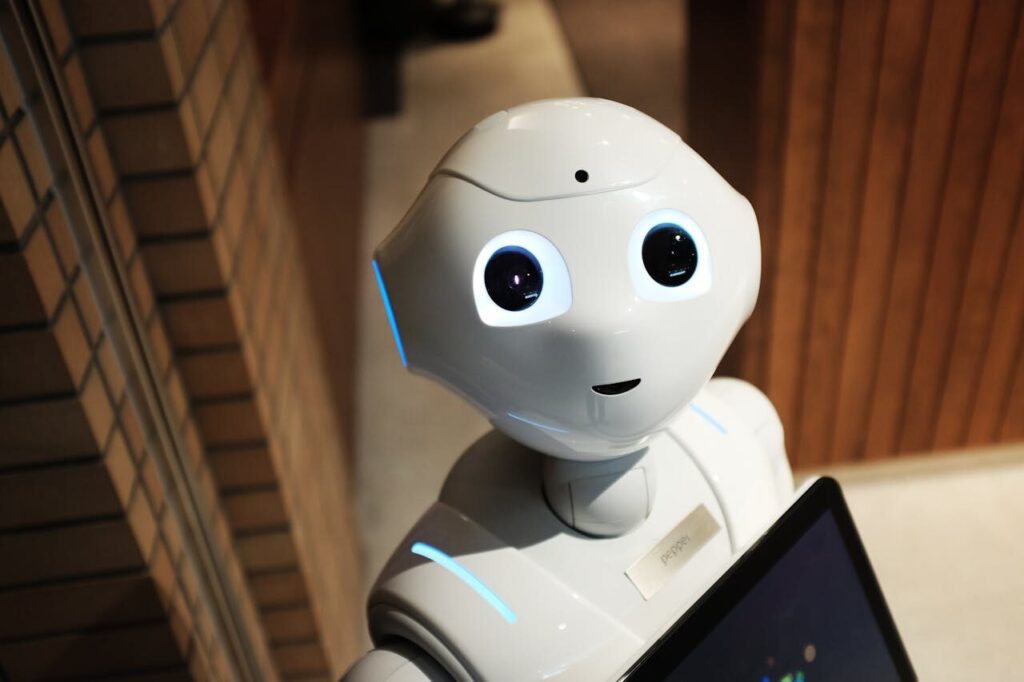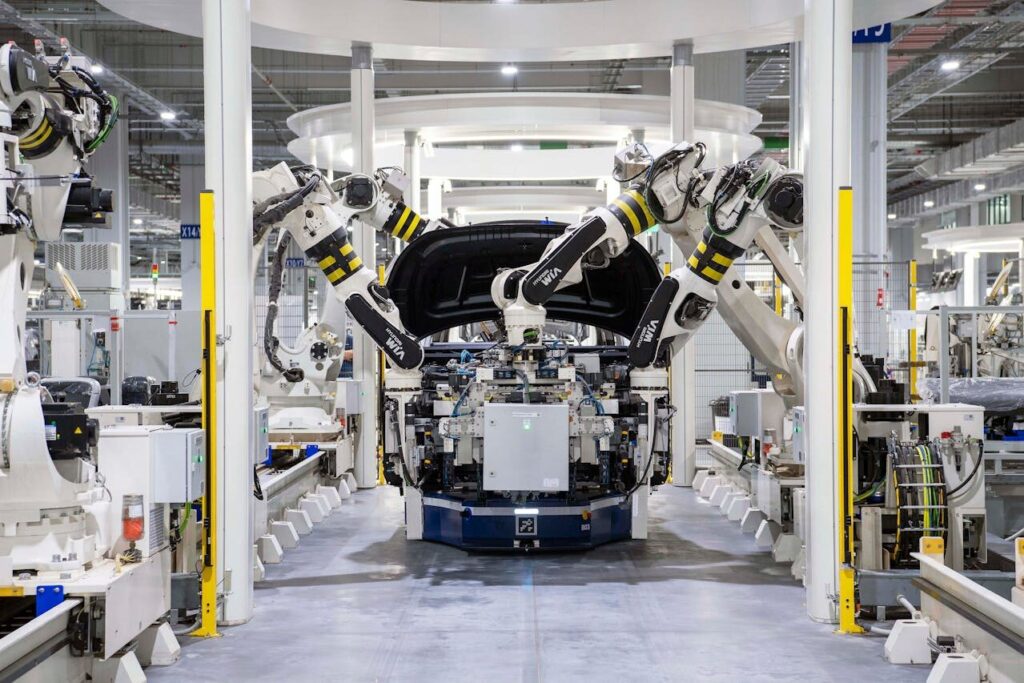
Artificial intelligence (AI) is rapidly changing the dynamics of the business world, significantly impacting various professions. Research suggests that certain jobs are at higher risk of automation through AI. In this edition, we explore which professions are most exposed to automation and how you can prepare for these changes.

Artificial intelligence (AI) is rapidly transforming the business landscape, bringing significant changes to different professions. Studies indicate that some jobs are more vulnerable to automation than others. In this issue, we will examine the professions most at risk of automation and how to prepare for these changes.
Positions such as secretaries, assistants, and administrative workers are among the most vulnerable to automation. AI can perform tasks such as calendar management, data processing, and client communication, making these roles susceptible to replacement. Research suggests that by 2025, 75% of administrative tasks could be automated. (Source: IPPR.org)
Workers in assembly lines performing monotonous and repetitive tasks are also at high risk. Robots and automated systems can replace these positions, increasing efficiency and reducing costs. A study by Business Insider indicates that 60% of manufacturing jobs could be automated with the help of advanced robotic systems. (Source: Business Insider)
Truck drivers, taxi drivers, and other transportation workers are at risk due to the rise of self-driving vehicles and drones. This shift could lead to major changes in the transportation industry. Forbes predicts that by 2030, up to 40% of jobs in the transportation sector could be replaced by autonomous vehicles. (Source: Forbes.com)
Professions such as accountants, tax consultants, and lawyers who focus on routine tasks, such as document preparation and data analysis, are prone to automation through AI tools. Research from Newsweek suggests that by 2025, 30% of tasks in these industries will be automated. (Source: Newsweek.com)

✅ Develop Tech Skills: Learn new skills such as programming, data analysis, and project management. These are highly valued and help adapt to new technologies.
✅ Focus on Creativity and Critical Thinking: Jobs requiring human creativity, empathy, and strategic thinking—such as design, marketing, and business strategy—are less likely to be automated.
✅ Continuous Learning & Adaptation: Stay updated on the latest trends and technologies in your industry. Continuous learning will help you remain competitive in the job market.
While AI presents challenges, it also creates new opportunities for professional growth. By embracing new technologies and developing relevant skills, you can prepare for the future of work.If you want to learn more about how AI will impact your career and how to prepare, sign up for Inspire Academy courses and get ready for the future!
